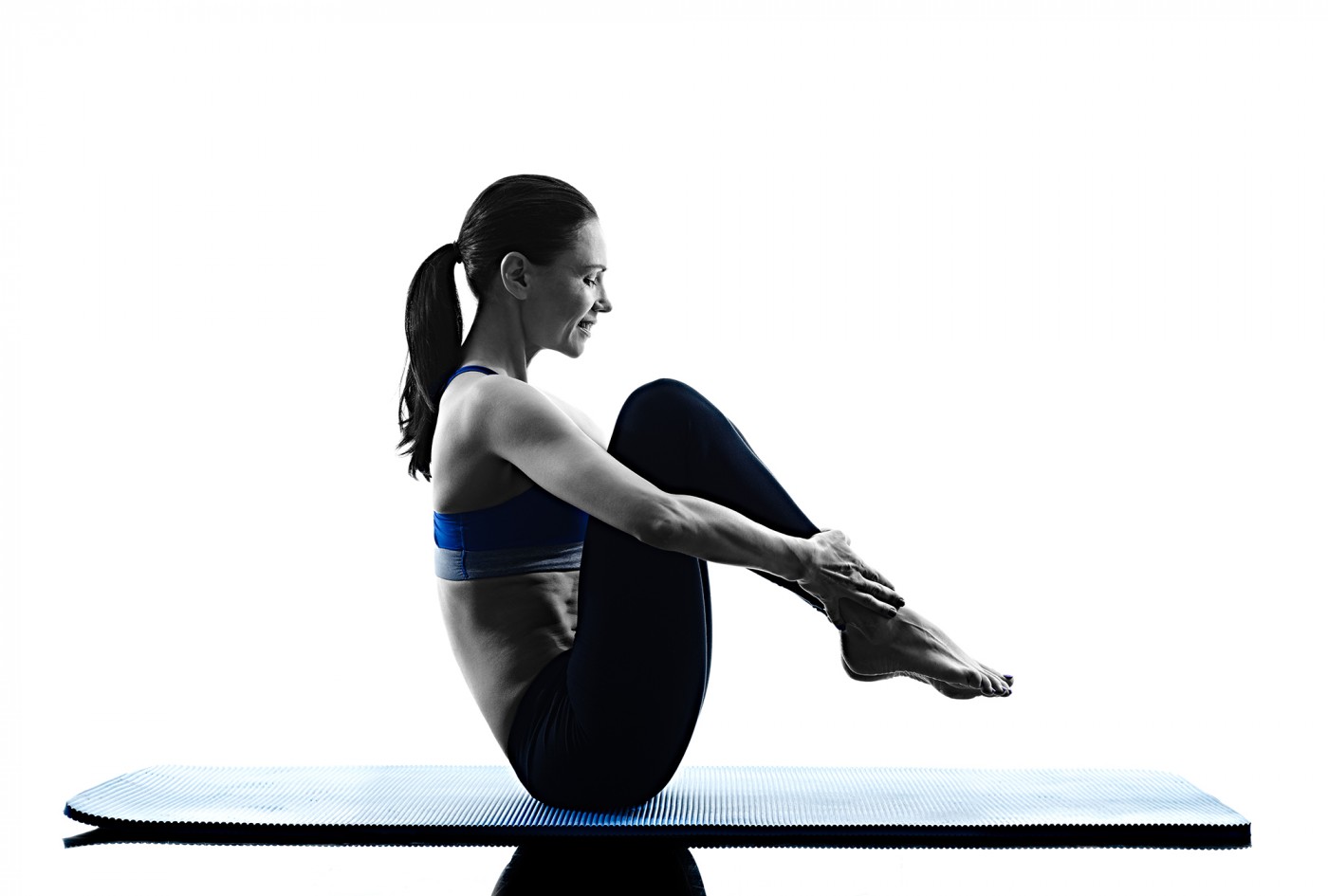Clinical Pilates Seen to Improve Both Cognition and Muscle Strength in MS Patients

Clinical pilates can improve cognitive skills and life quality in multiple sclerosis (MS) patients, in addition to helping them physically. But the study, comparing clinical pilates with traditional exercise, also showed that other exercise forms offer important benefits, and more research is needed to determine if clinical pilates is a superior type of exercise for people with the disease.
Since pilates is a training form focusing on the trunk muscles, researchers at the İzmir University in Turkey wanted to examine how well this type of training improves a patient’s physical function and well being.
In healthy individuals, there is plenty of evidence that clinical pilates improves flexibility, balance, and muscle endurance, but few studies have examined if people with MS enjoy the same benefits.
Enrolling 20 MS patients, 65 percent of whom were women, the study, “Improvements in cognition, quality of life, and physical performance with clinical Pilates in multiple sclerosis: a randomized controlled trial,“ randomized participants into a pilates group, composed of 11 people, and a control group performing traditional exercises (9 people) that focused on balance, strength, and coordination. Clinical pilates differs from other exercise programs in including a respiratory component, according to the study.
People in both groups were, on average, in their late 40s, and a disability score of about 3 on the Expanded Disability Status Scale (EDSS). All of the patients had been ill for an average of 14–15 years.
The exercise program was organized in two weekly sessions, each 45–60 minutes long, for eight weeks. Patients in the intervention group were taught crucial elements of clinical pilates before the sessions began, and guided by an experienced therapist during the sessions. Patients also underwent a thorough examination before and after the training period, including physical abilities and overall function, as well as fatigue, cognition, depression, and quality of life.
Results showed that both groups improved on all physical performance tests, including rolling to left and right, lie-sit and sit-stand tests, as well as a 50-foot walking test, as described in the article published in The Journal of Physical Therapy Science.
Those in the pilates group had better balance, less fatigue, and improved scores on a cognitive test. But only the control group (traditional exercise) had better arm function and improved performance on the timed Up and Go test, and only to the right side.
Since the results were so similar, the research team performed a difference analysis, finding that cognition and quality of life were better in the intervention (pilates) group.
Researchers, however, believe that to get a better picture of how pilates compares to other exercise forms, a larger study of longer duration is needed — and the group is now planning exactly that.






